Football in Europe is more than just a sport. It is a cultural force woven into the daily lives of millions of supporters following professional football across dozens of respective countries.
If you have ever wondered how European leagues work, how clubs qualify for UEFA competitions, or what influences the rankings, this guide covers it all.
From the Bundesliga and LaLiga to emerging leagues in Sweden and Hungary, here’s everything you need to know about the European football scene.
The European Football Pyramid Explained
Let’s start from the foundation.
European football is structured around national associations, each managing its own domestic leagues and cup tournaments. These associations belong to UEFA, the governing body responsible for continental competitions including the UEFA Champions League, UEFA Europa League, and UEFA Conference League.
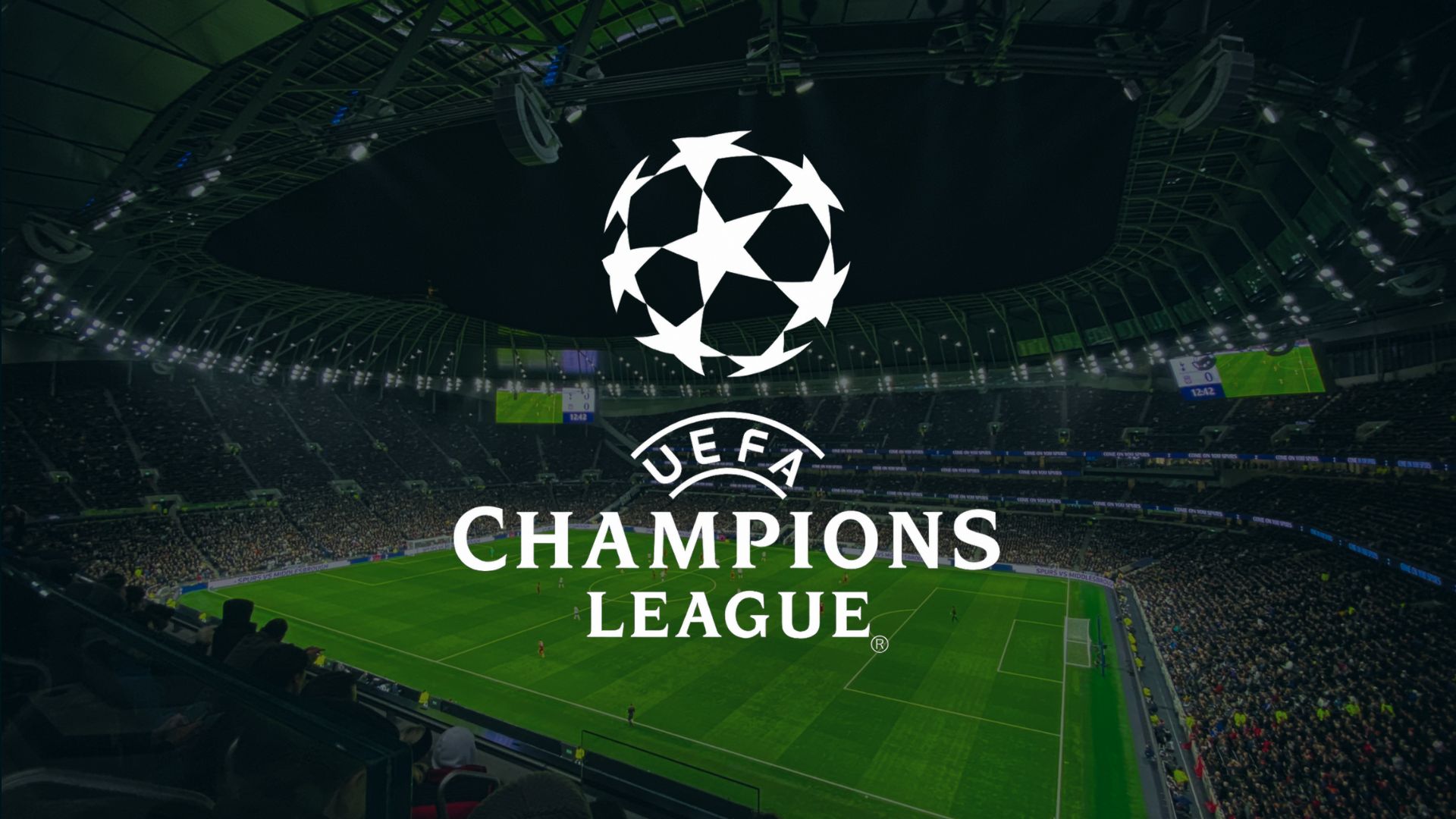
Most countries have a pyramid-style system. At the top is the premier division, where the top clubs compete for national glory and European qualification. Beneath that are lower divisions, with promotion and relegation systems ensuring constant movement and competitiveness.
What connects them all is a shared set of rules, passion, and a drive to climb the table and qualify for UEFA competitions.
The Big 5 Leagues: Europe’s Powerhouses
Some leagues stand above the rest in terms of financial power, talent, and UEFA success. Known as the Big 5, these affiliated leagues consistently produce clubs that go deep into European tournaments and shape UEFA rankings.
Bundesliga (Germany)
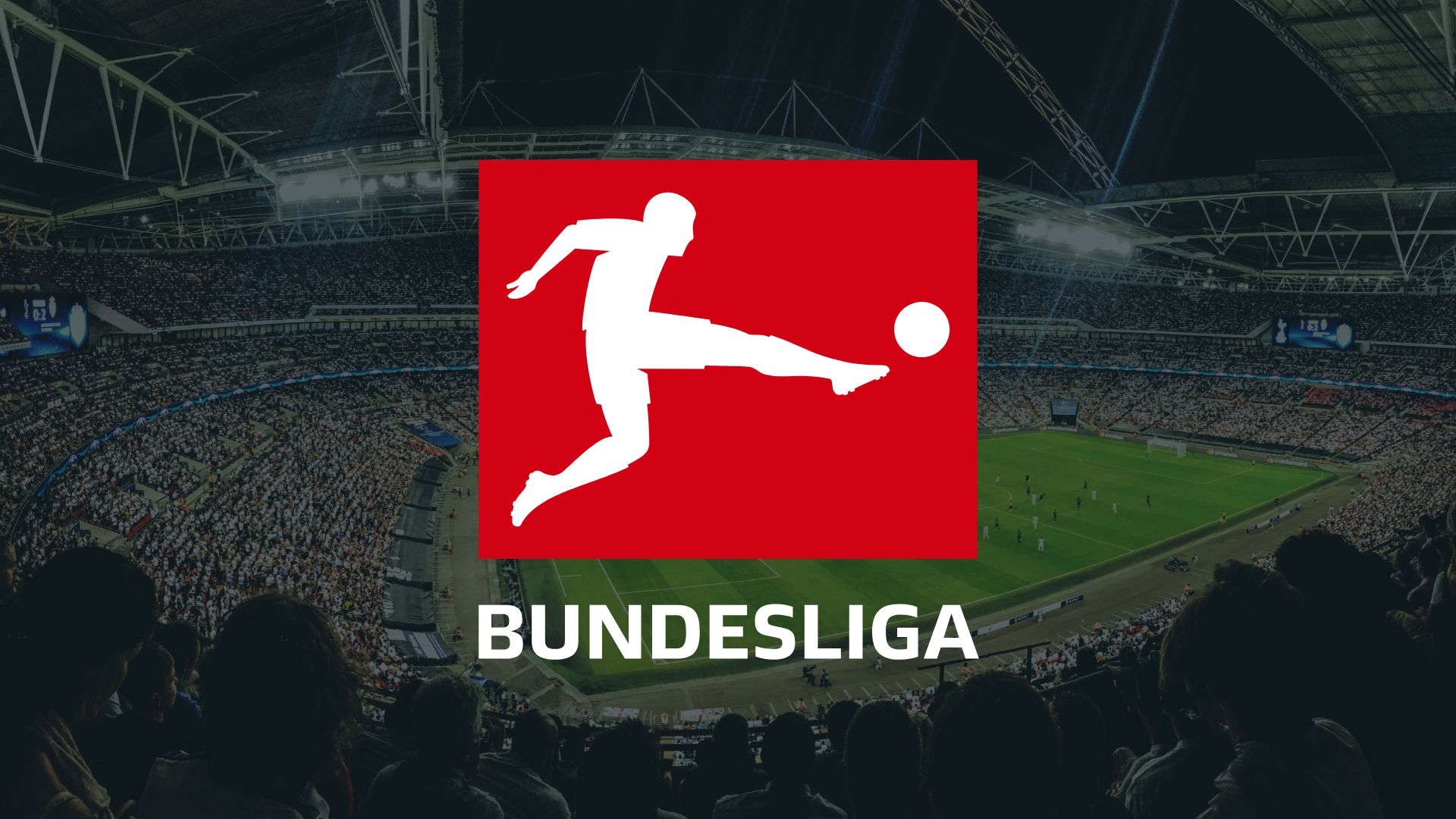
The Bundesliga is fast, physical, and famous for its attacking football. Clubs like Bayern Munich and Borussia Dortmund frequently reach the knockout stages of UEFA competitions. Known for high attendances and strong club-fan relationships, Germany’s top league consistently delivers on and off the pitch.
Get your Bundesliga tickets now - experience the energy of Bayern, Dortmund, and Germany’s most passionate fans live in the stadium
Read our article on the Bundesliga schedule to explore how German football’s passion, structure, and fan culture make it one of Europe’s strongest leagues.
LaLiga (Spain)
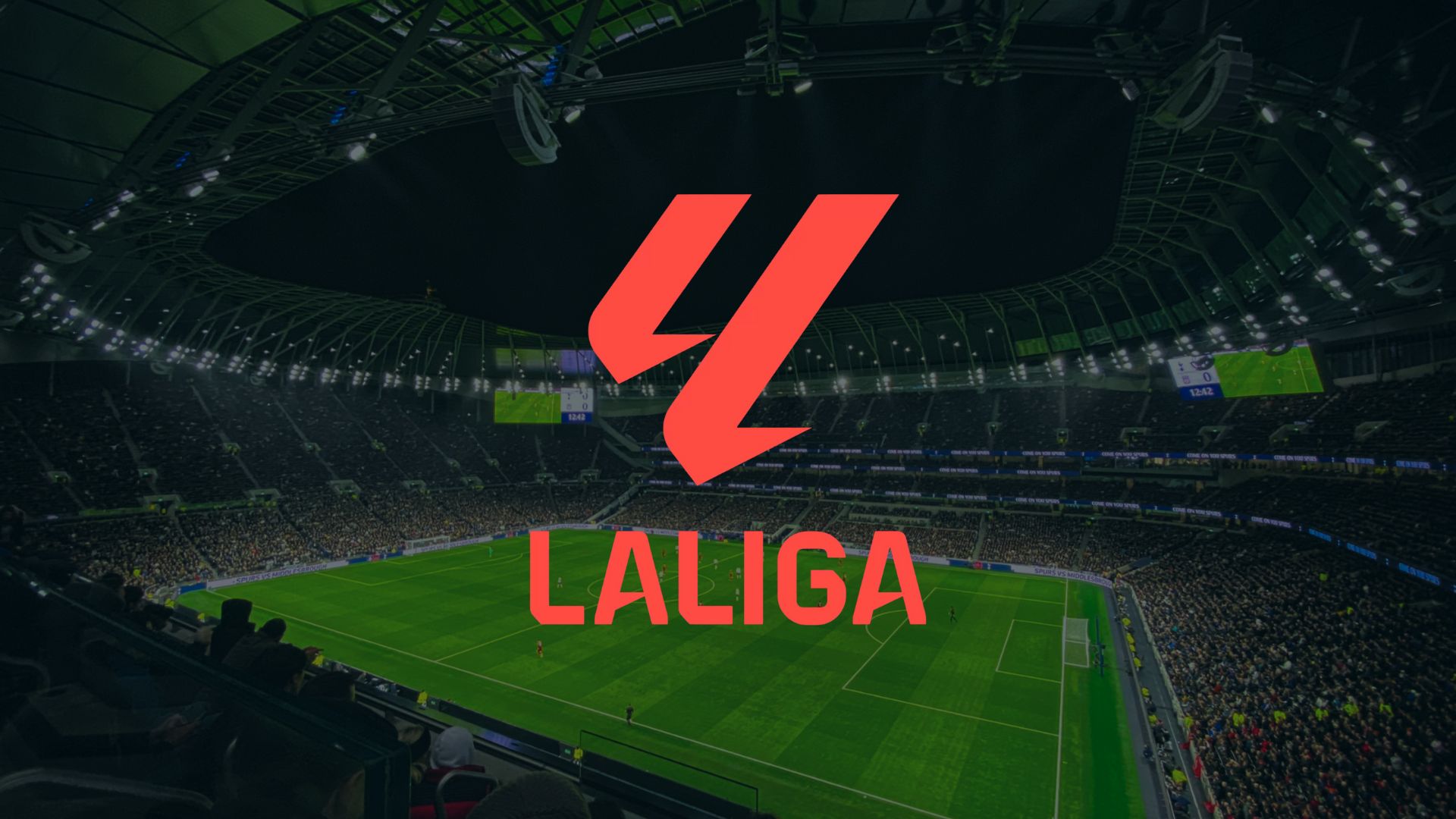
Spain’s top-tier league is known for its technical quality and legendary rivalries. Real Madrid and Barcelona have dominated European competitions, particularly the Champions League. Spanish clubs also perform strongly in the Europa League, earning crucial points for the country in UEFA’s system.
Book LaLiga match tickets today and witness football magic in Spain - from Real Madrid’s precision to Barcelona’s flair.
Discover more in our LaLiga schedule article, where we break down Spain’s rich footballing history, legendary rivalries, and impact on UEFA competitions.
Serie A (Italy)

Italian football has seen a resurgence in recent years. Clubs like AC Milan, Inter Milan, and Napoli are once again making deep runs in Europe. Serie A combines defensive solidity with flashes of flair, and its UEFA ranking reflects its historic and recent success.
Secure Serie A tickets and feel the intensity of Italian football - where AC Milan, Inter, and Napoli battle for glory.
Check out our in-depth Serie A schedule article to learn how Italian clubs have reclaimed their place among Europe’s elite.
Premier League (England)
The Premier League offers fierce weekly competition and features some of the wealthiest and most well-supported clubs in the world. Manchester City, Liverpool, and Arsenal regularly fight for UEFA titles. England’s clubs often reach the latter stages of all three UEFA tournaments, which helps maintain the country’s top UEFA coefficient.
Ligue 1 (France)
Often overshadowed by its peers, Ligue 1 still produces high-quality players and competitive clubs. Paris Saint-Germain leads the charge, but clubs like Marseille and Lyon also contribute to France’s UEFA points. Ligue 1 remains a vital part of the European landscape.
These leagues don’t just compete for trophies. They shape the direction of European football each season.
Beyond the Big 5: Rising Competitions Across the Continent
While the Big 5 dominate headlines, many other European leagues are producing exciting football and competitive clubs. These leagues may not always make deep Champions League runs, but they often shine in the Europa League and Conference League.
Eredivisie (Netherlands)

The Eredivisie is known for developing young talent and playing attacking football. Clubs like Ajax and Feyenoord regularly feature in UEFA competitions. Ajax’s past performances in the Champions League have earned the Netherlands valuable UEFA points, helping improve the country's standing in the rankings.
Get Eredivisie tickets - enjoy attacking football and rising stars from Ajax, PSV, and Feyenoord.
Jupiler Pro League (Belgium)

Belgium’s top division is another league on the rise. Clubs such as Club Brugge and Union Saint-Gilloise have started making deeper runs, especially in the Conference League. Their consistent results are adding to Belgium’s UEFA coefficient each season.
Find Belgium football tickets now - catch Club Brugge, Anderlecht, and Union SG in action across the country.
Read our feature on Jupiler pro league schedule to see how the nation’s clubs continue to thrive at home and abroad.
Allsvenskan (Sweden)
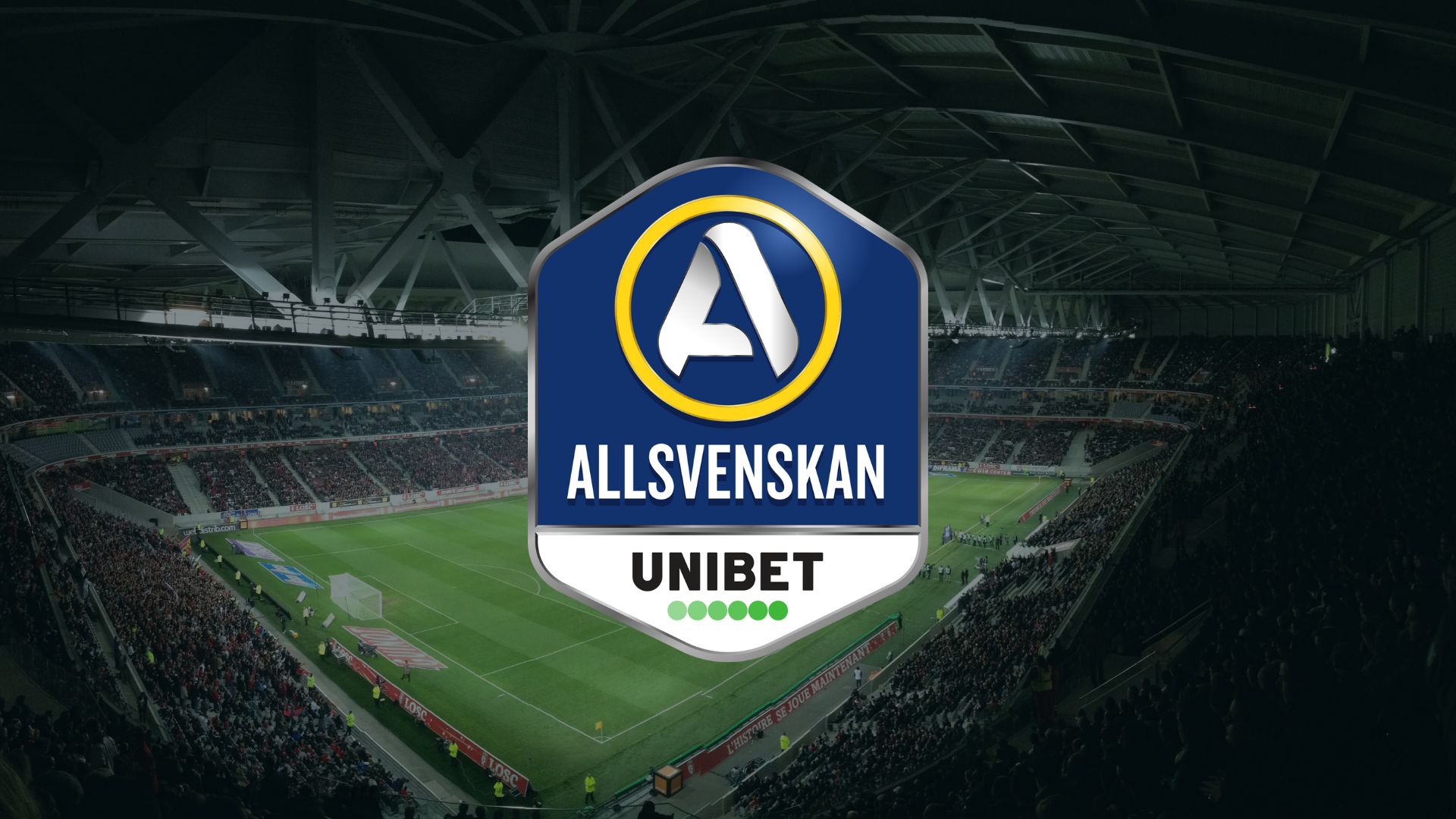
Sweden’s premier football league has a smaller international profile but plays a vital role in UEFA rankings. Malmö FF, for example, has qualified for the Champions League group stage multiple times, collecting key points for the association.
Buy Allsvenskan tickets and experience authentic Scandinavian football - support Malmö FF and Sweden’s finest clubs.
Read our article on Allsvenskan schedule for a broad look at how Allsvenskan drives the game’s growth across the country
Nemzeti Bajnokság I (Hungary)
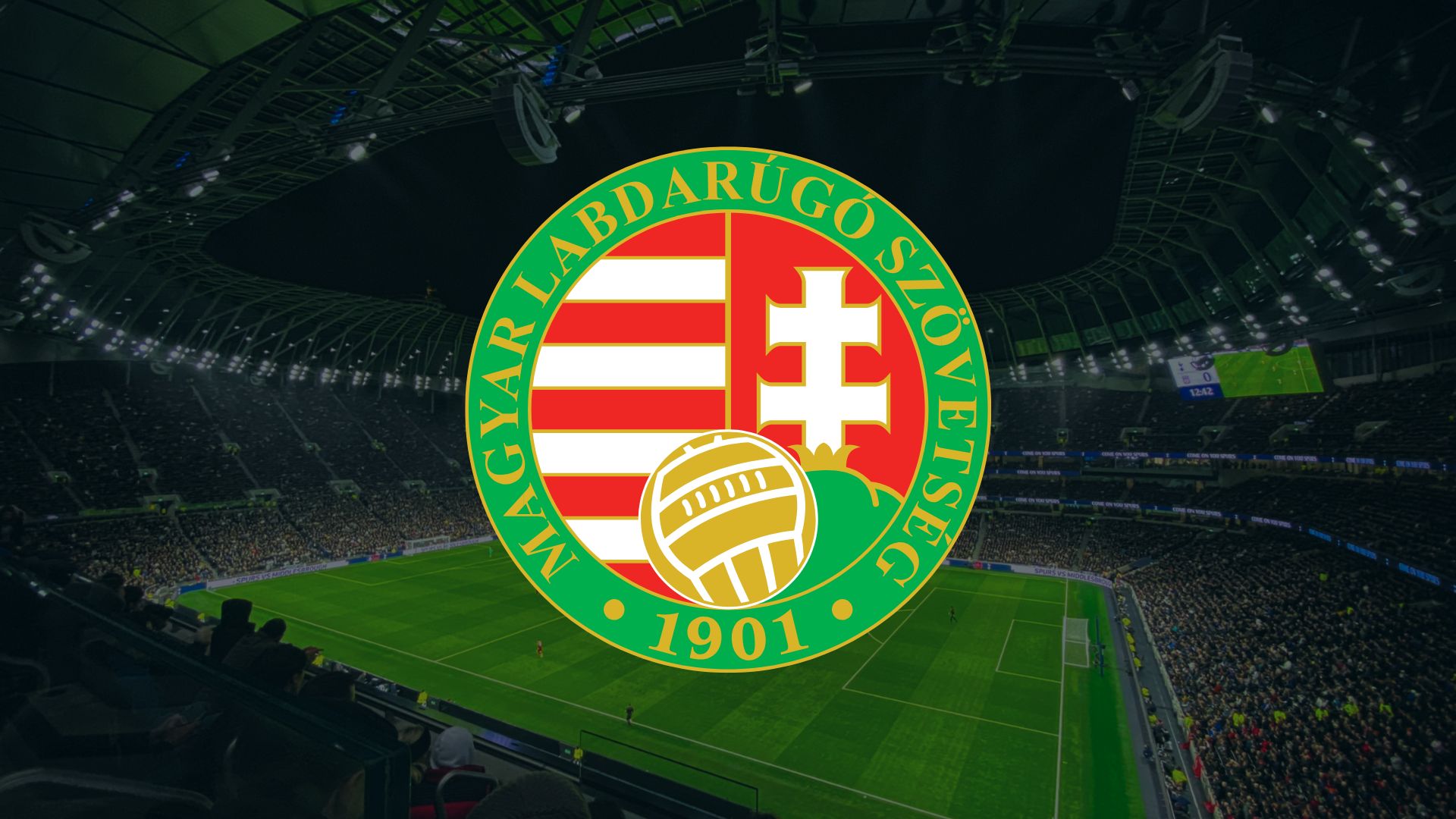
Hungary’s top league is improving its presence in European football. Ferencváros has had success in the Europa League and Conference League, giving Hungary more visibility and valuable bonus points. With increased investment and youth development, Hungarian football is on the rise.
Other competitive leagues include those in Croatia, Denmark, Israel, Finland, and Scotland. Each contributes to the overall landscape of European football, influencing club placements and rankings.
Book Hungarian league tickets - cheer for Ferencváros and witness Hungary’s football renaissance live.
Learn more in our feature on Hungary Football League, from domestic leagues to European ambitions.
Hidden Football Gems: Leagues Worth Watching
Beyond the spotlight of the top leagues, there are smaller national competitions where talent is growing, and clubs are making waves in UEFA competitions.
Northern Ireland
The NIFL Premiership is the top division. While it may not generate the same exposure as larger leagues, clubs like Linfield have participated in European qualifiers and picked up crucial points for the association.
Croatian football league
The Croatian Football League, led by Dinamo Zagreb and Hajduk Split, has gained respect in UEFA tournaments. Dinamo’s consistent European appearances have elevated Croatia’s UEFA ranking.
Veikkausliiga (Finland) and The Danish Superliga (Denmark)
Clubs from Finland and Denmark may not always reach the final stages, but their regular appearances and solid results in qualifiers add consistency to their UEFA coefficient.
These leagues are often launching pads for rising stars and a reminder that European football is bigger than just the top five.
FAQs
What are the Big 5 leagues?
The Big 5 leagues are the Premier League (England), LaLiga (Spain), Serie A (Italy), Bundesliga (Germany), and Ligue 1 (France).
How many leagues are there in European football?
UEFA has 55 member associations, most of which run multiple professional football leagues. There are hundreds of leagues across the continent.
Does 7th place in the Premier League get the Europa League?
Not automatically. It depends on which clubs win the FA Cup and EFL Cup, and whether those clubs have already qualified through league position.
How does UEFA determine qualifying spots?
Each country's UEFA coefficient, based on club performances over five years, determines how many qualifying spots it receives and at what stage its clubs enter.
What are UEFA bonus points?
These are additional points awarded to clubs for reaching key stages in UEFA competitions, such as the group stage or knockout rounds.
What is the role of cups in UEFA rankings?
Cup winners often qualify for UEFA tournaments, adding a layer of opportunity for clubs outside the top positions in the league.
Why is the UEFA coefficient important?
It dictates how many clubs each country can send to European tournaments and influences the seeding and draw stages.
How does UEFA calculate rankings?
Through coefficients, a total of results from clubs in UEFA competitions over five seasons. Points are added for wins, draws, and stages reached.
How do league results impact European competitions?
Final table standings determine which clubs qualify for Champions League, Europa League, or Conference League slots.
What happens if teams draw?
In domestic leagues, both teams earn one point. In UEFA knockout stages, draws lead to extra time and potentially penalties.
Final Whistle: Europe’s Football Future
European football is constantly evolving. While the Big 5 leagues remain dominant, emerging leagues are starting to make their mark, earning valuable points and gaining visibility through UEFA competitions.
As more clubs from Belgium, Denmark, Croatia, and Finland achieve standout results in the UEFA Europa League and UEFA Conference League, the balance of power is shifting. It’s clear that the beauty of European football isn’t found only at the top - it lives in every match, every stadium, and every home across the continent.




